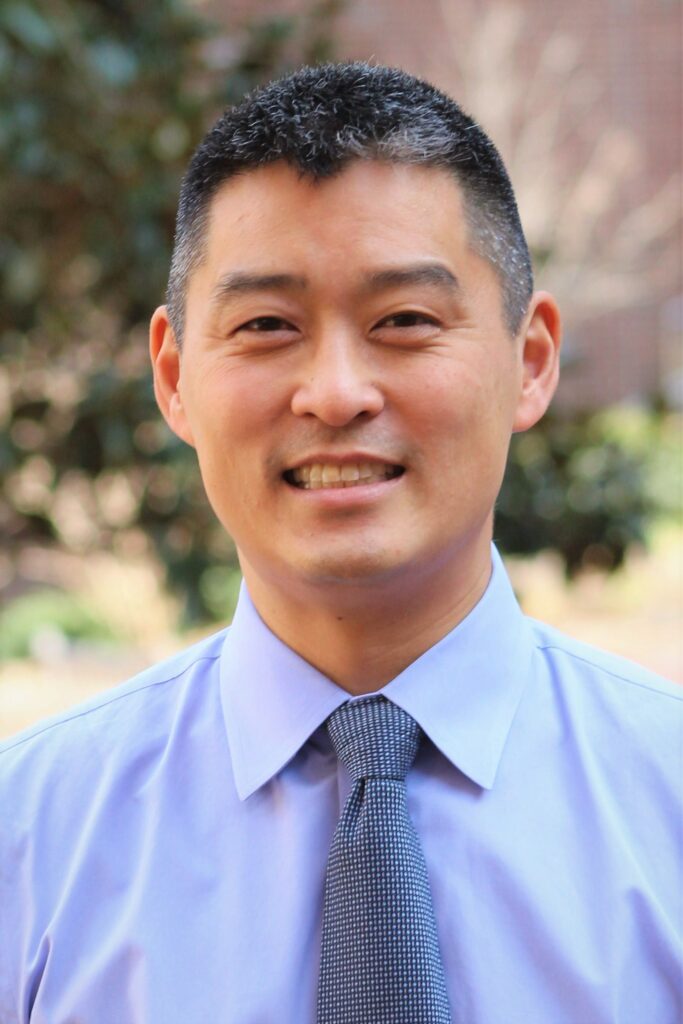
Dealing with Dangerous Food Allergies
In this week’s episode, food allergy expert Dr. Edwin Kim will join us in the studio to answer your questions about dangerous food allergies in real time. Email us [radio@PeoplesPharmacy.com] or call 888-472-3366 between 7:10 and 8:00 am EST on Saturday, Feb. 4, 2023.
Dealing with Dangerous Food Allergies:
Dangerous food allergies have been increasing at a rapid rate. According to the CDC, these immunological problems became 50 percent more common in kids between 1997 and 2011. Even more alarming, medical emergencies due to anaphylaxis rose by 200 percent between 2005 and 2014. Anaphylaxis is a life-threatening allergic reaction that may show up first as a rash or hives. Trouble breathing and even shock may follow.
What is a food allergy? We will discuss the differences between allergies, sensitivities and intolerances. Dr. Kim will offer some scientific hypotheses about why food allergies have mushroomed.
Allergist and Dad:
Dr. Kim treats lots of children with food allergies. Peanuts are a common culprit. Nonetheless, he was shocked when his own baby reacted badly to a smidgen of peanut butter. After that frightening episode, he dedicated himself even more strongly to helping parents deal with dangerous food allergies.
Frequent Triggers of Dangerous Food Allergies:
In addition to peanuts, several other foods often cause allergic reactions. Doctors are wary of milk, eggs, tree nuts, fish, shellfish, wheat, soy and sesame seeds. How can people with allergies avoid contact with these allergens? Do exposures through the skin make a person more susceptible to problems?
Signs of Serious Allergy Problems:
Dr. Kim will describe the signs that should set off a parent’s alarm bells. How can you tell if your child has a food allergy? When do you need to talk to the pediatrician, and when should dangerous food allergies prompt a quick trip to the emergency department?
New Treatments for Allergies:
Not long ago, the FDA approved a prescription medication to treat peanut allergies. It works on the principle of oral tolerization. Bit by bit, the immune system “learns” that the peanut allergen is not harmful. The goal is to avoid an anaphylactic reaction in the event of an accidental exposure in the classroom or at a birthday party. What other treatments are in the pipeline?
Not Just Kids:
Much of the attention has been on children. Dangerous food allergies appear somewhat less common among adults. Do people outgrow their reactions, or do they just become more sophisticated at avoiding allergens? We’ll find out what adults should be doing to prevent serious problems.
This Week’s Guest:
Edwin Kim, MD, MS, is Associate Professor of Pediatrics & Medicine at the University of North Carolina at Chapel Hill. He is Division Chief for UNC Pediatric Allergy & Immunology and Director of the UNC Allergy & Immunology Fellowship Program. Dr. Kim is also Director of the UNC Food Allergy Initiative. More information at his website: https://www.med.unc.edu/medicine/rheumatology-allergy-immunology/people/edwin-h-kim-md-ms/
Listen to the Podcast:
The podcast of this program will be available Monday, Feb. 6, 2023, after broadcast on Feb. 4. You can stream the show from this site and download the podcast for free.


